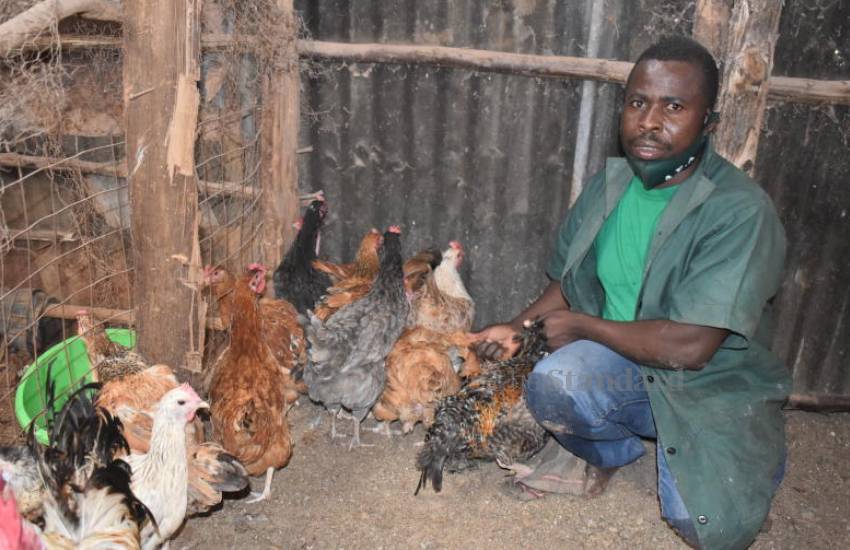×
The Standard e-Paper
Fearless, Trusted News

After graduating with a degree in Public Health from Moi University in 2014, Jacktone Ambole, went to the US to advance his studies after securing a scholarship.
After completing his studies, he got a plum NGO job in the US, worked for some time then came back to Kenya to ‘settle’. While exploring his options he decided to run for Mwibona Ward Rep seat in the 2017 polls but lost.